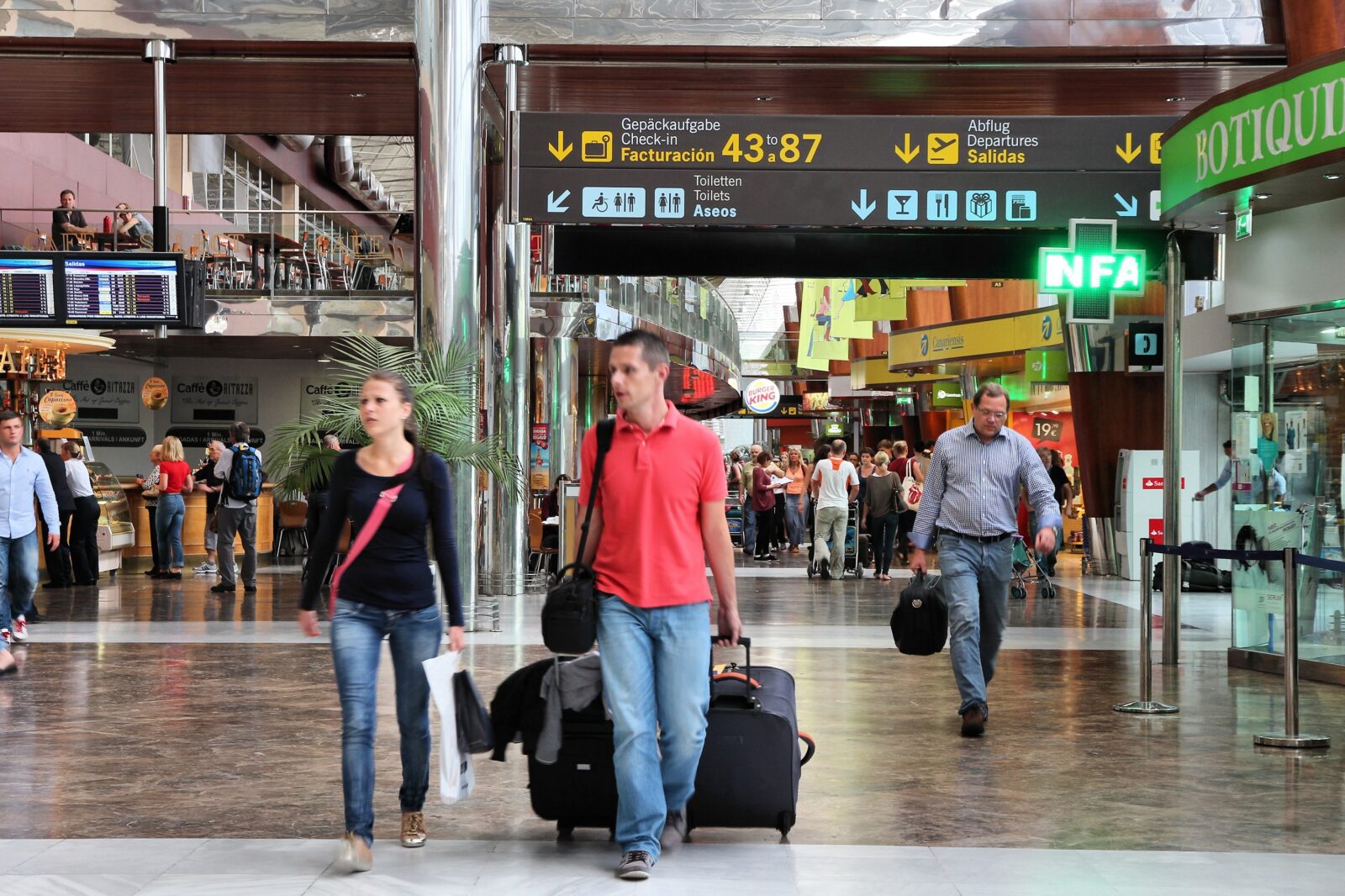
There’s renewed talk that the European Union could be about to seriously water down its world-class compensation regulations for airline passengers facing lengthy delays in a move that could, just maybe, slightly reduce the price of a ticket.
Since 2004, under the European Commission’s so-called EC261 regulations., airline passengers within Europe have been able to claim compensation of up to €600 per person if they are delayed in getting to their final destination by three hours or more.
Compensation amounts vary depending on the flight distance, ranging from €250 for the shortest flights to €400 for medium-range flights and €600 for all long-haul flights.
As long as the delay was within the airline’s control and wasn’t due to an ‘extraordinary circumstance’ like extreme weather or a terrorist attack, then airlines are required to pay up.
And it’s not just European airlines that are covered by the regulations. Any flights to or from the EU are covered by the compensation regulations, regardless of where the airline is based.
Since at least 2013, however, the European Commission has considered major changes to the regulations, significantly eroding the scope of what delayed flights would be eligible for compensation.
For all flights within the EU, as well as other short-haul routes up to 3,500 km, the delay period would go from three hours to five hours, while flights between 3500 and 6000 km would require a delay of nine hours to trigger the right to compensation.
More dramatically, long-haul flights over 6,000 km would need to be delayed by at least 12 hours before passengers would be entitled to compensation.
There are also other changes proposed that would be beneficial to airlines. For example, in the event of extraordinary circumstances, airlines would only have to provide delayed passengers with hotel rooms for up to three nights.
These changes have been knocking around for more than 10 years so it’s exactly like the European Commission has rushed to amend the regulations, although there is renewed talk that changes could be on the horizon.
The EU could, however, look towards the United Kingdom for ideas on how to update its EC261 regulations, given the fact that when Brexit occurred, the UK adopted EC261 into domestic law but with a few amendments.
The so-called UK261 rules vary the compensation amount based on the flight length, and this is triggered at different delay periods. For example, passengers on a short-haul flight under 1,500 km are only entitled to a maximum of £220 in compensation, but the delay length is only two hours.
Medium-haul flights between 1,500 km to 3,500 km must be delayed by three hours, but the compensation amount is increased to £350, while long-haul flights over 3,500 km attract a compensation amount of £520 if they are delayed by at least four hours.
Airlines have long complained about the effects of EC261 ns UK261, claiming that they have pushed up ticket prices without having any dramatic impact on reducing delays or cancellations.
Ryanair claims that compensation rules add around €7 to every ticket, although what remains unclear is if the regulations were changed to favor the airlines more, whether ticket prices would actually go down that much.
Mateusz Maszczynski honed his skills as an international flight attendant at the most prominent airline in the Middle East and has been flying ever since... most recently for a well known European airline. Matt is passionate about the aviation industry and has become an expert in passenger experience and human-centric stories. Always keeping an ear close to the ground, Matt's industry insights, analysis and news coverage is frequently relied upon by some of the biggest names in journalism.








I’m not surprised that the airlines want to be held to a lower standard of responsibility for their actions but I’m quite surprised that the government is considering allowing them to do so at the expense of the public. If anything, the amounts for compensation should be updated to allow for inflation over the past 20 years.